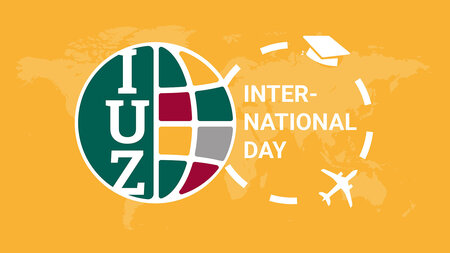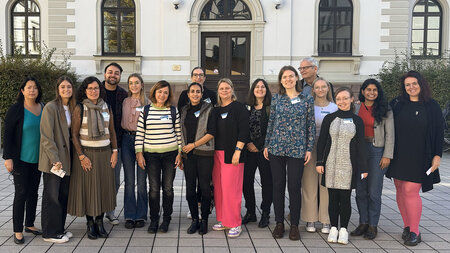FLOW

Project partners

Funding

Funded by European Union’s Horizon 2020 research and innovation programme
Grant Agreement no: 10105673
Duration
07/2022 - 06/2026
Topics
User-friendly solutions for the next generation of charging infrastructure
FLOW aims to develop a suitable electric mobility concept for end users and to optimize the energy system across Europe. The focus is on testing, validating and improving the vehicle-to-X concept for exchanging energy between vehicles, buildings and the grid. The project involves 30 European partners from industry and academia to address the main barriers that electric vehicle users face when charging and using electric vehicles, and to develop solutions and alternatives to these challenges.
The Research Group Cognitive and Engineering Psychology is responsible for the optimization of user satisfaction and engagement. Users’ perceived usability and acceptance will be evaluated at the five demonstration sites in the Czech Republic, Ireland, Italy, Denmark and Spain. The research focus lies on the assessment of user needs and concerns in order to develop user-friendly charging and control solutions in the project. Using a multi method mix including questionnaires, interviews, focus groups and usability tests, the requirements for the next generation of charging solutions are assessed and evaluated in terms of user experience, acceptance and satisfaction.
Contact
Bettina Kämpfe, Madlen Günther and Lana Mohr
FLOW in the media
Project website: https://www.theflowproject.eu/
Publications
Günther, M., Kämpfe, B., & Krems, J. (2024). The role of users' privacy concerns in the decision for smart battery electric vehicle charging. In G. Praetorius, C. Sellberg & R. Patriarca (eds.) Advances in Human Factors of Transportation. AHFE (2024) International Conference. AHFE Open Access, vol 148. AHFE International, USA. http://doi.org/10.54941/ahfe1005217.
Mohr, L., Günther, M., Kämpfe, B., & Krems, J.F. (2024). SmartUse – Developing and validating a short scale for assessing users’ perceived mobile app usability. Human Factors and Ergonomics Society Europe Chapter 2024 Annual Conference, April 16-19, Lübeck, Germany. https://www.hfes-europe.org/posters-2024/.
Döbelt, S., Günther. M., Kämpfe, B. & Krems, J.F. (2023). Examining BEV Drivers’ Willingness to Share Personal Information in the Context of Smart Charging: Results of a Five-Month BEV Field Trail. Transportation Research Procedia 70, (2023) 330–337. https://doi.org/10.1016/j.trpro.2023.11.037.
Kämpfe, B. & Braun, C. (2023). Diary-Based Evaluation of Bidirectional Electric Vehicle Charging in a Long-Term Study: Method and Insights. Transportation Research Procedia 70, (2023) 138-145. https://doi.org/10.1016/j.trpro.2023.11.012.
Kämpfe, B. & Günther, M. (2023). Elektrofahrzeuge als Energiespeicher der Zukunft? E-Mobility Magazin. Magazin des Behörden Spiegel für Infrastruktur, Fahrzeuge und Konzepte. S. 28 – 29. (Download).





